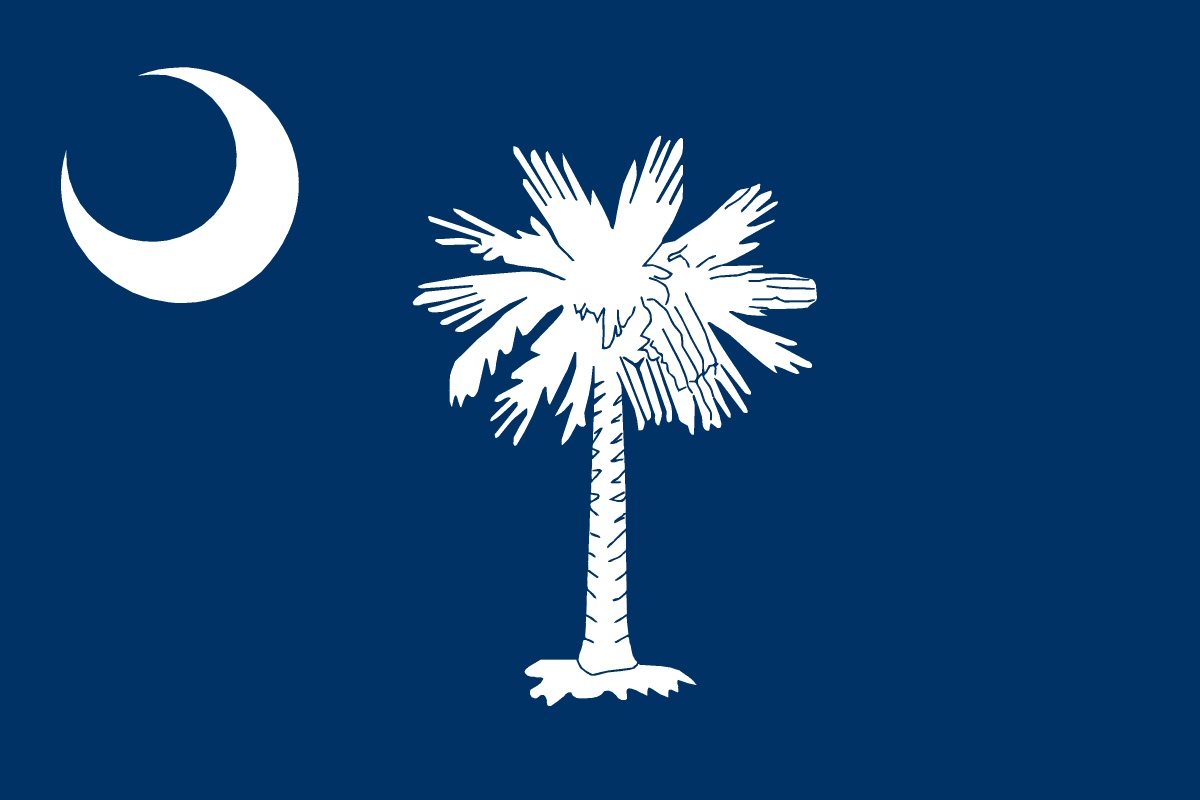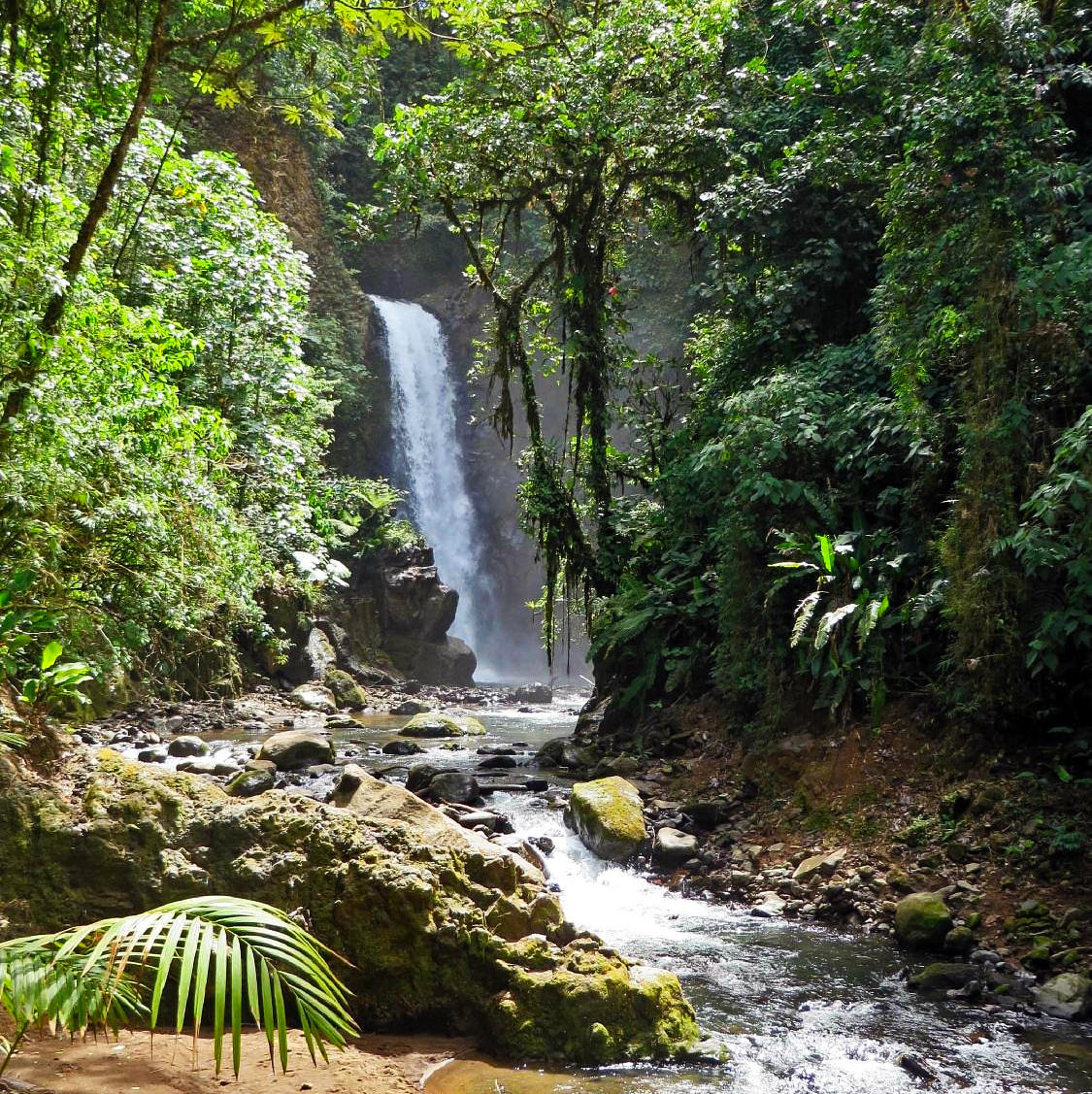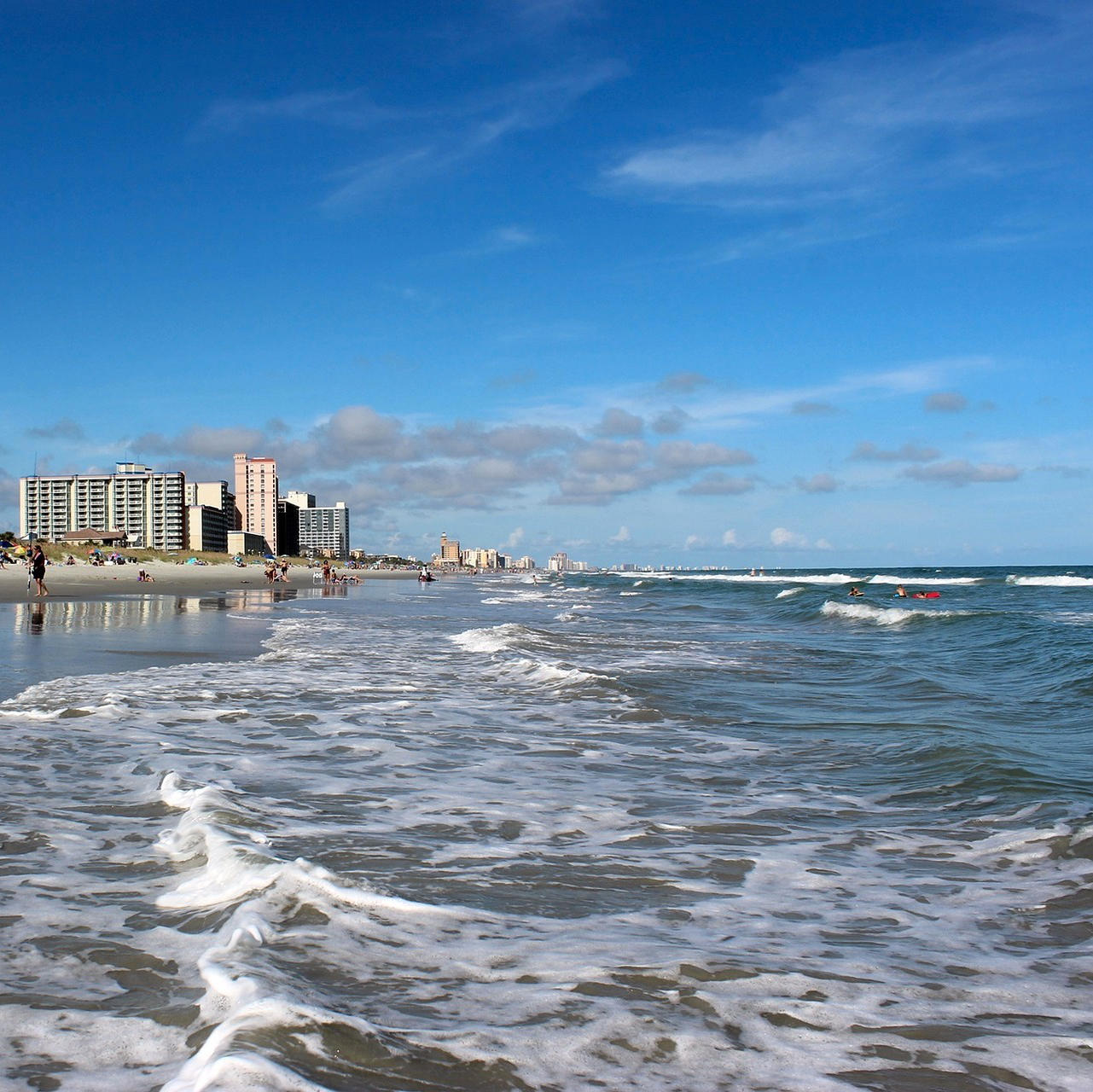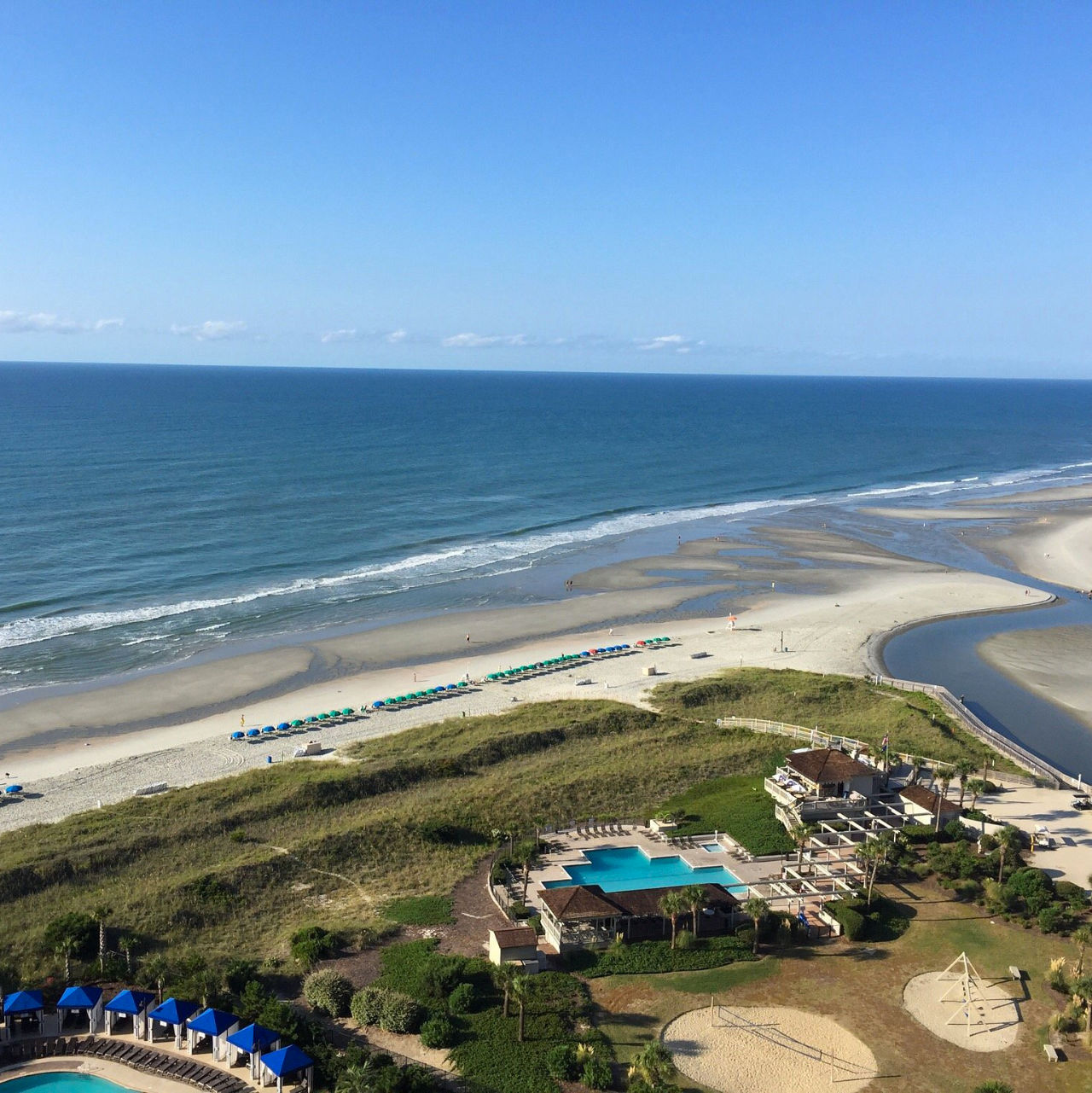State of South Carolina Short-Term Rental Regulations
Short-term rental regulations vary depending on the location and may include zoning laws, occupancy and safety standards, taxation, licensing, and insurance requirements review our guides for more information specific to your city.
Reviewed by Karolyn Hutson
Last updated October 15, 2023

Overview of South Carolina Short-Term Rental Regulations
Information is maintained by the community to provide helpful insights and links to local regulations, HostScouts does not provide legal or investment advice.
South Carolina is quickly becoming a popular destination for travelers looking to stay in short-term vacation rentals. With charming coastal towns, historical cities, and beautiful nature to explore, it's no wonder that services like Airbnb, VRBO, and HomeAway are taking off here.
But before you list your South Carolina property on one of these sites, it's important to understand the rules and regulations around short-term rentals in the state. Requirements can vary significantly depending on the city and county of your rental.
What is Considered a Short-term Rental
South Carolina defines a short-term rental (STR) as the rental of a residential property for a period of less than 90 consecutive days. This includes entire homes, apartments, condos, beach houses, cabins, and other accommodations rented out on a temporary basis.
There are a few types of short-term rental properties in SC:
-
Entire home - This involves renting out an entire house or apartment to one group of guests at a time. The owner or landlord does not live on site.
-
Private/shared room - A portion of the home, such as a private bedroom or shared common space, is rented out while the owner continues to occupy and live in the dwelling.
-
Secondary dwelling - A separate structure on the property, such as a guest house, carriage house, or mother-in-law suite, is rented out short-term.
While city and county governments have jurisdiction over short-term rental regulations, the South Carolina Department of Revenue also provides oversight and collects occupancy taxes from STRs statewide.
Starting a Short-term Rental Business
Opening a short-term rental in South Carolina involves registering your business appropriately and obtaining any necessary licenses. Here are the key steps to get started:
-
Check zoning laws - Make sure short-term rentals are permitted in the zoning district where your rental property is located. Many cities prohibit STRs in certain residential areas.
-
Register with the SC Secretary of State - Your rental is considered a business entity and must be registered. The cost is $110.
-
Obtain a business license - Most cities and counties require a business license to operate any type of rental property. Fees vary by location.
-
Register for state sales tax ID - You must collect and remit state sales tax on rental fees. Register for a Retail Sales Tax License.
-
Apply for a STR permit - Some cities have permit requirements to legally operate a short-term rental. Check your local ordinances.
-
List on hosting platforms - Create listings on sites like Airbnb, VRBO, etc. Ensure your permit number is displayed.
-
Collect and remit taxes - Track occupancy taxes and remit them regularly to avoid penalties. Use tax software to stay organized.
I'd recommend consulting with your local planning/zoning office first to understand the specific regulations in your area. They can advise you on getting all the proper licensing to start your STR business legally.
Housing Rules and Requirements
South Carolina cities and counties have established various rules around housing safety, insurance, and liability for short-term rentals. Be sure to follow all requirements to avoid fines or penalties.
Occupancy Limits
Most jurisdictions restrict the maximum number of occupants allowed in a short-term rental based on factors like:
- Number of bedrooms
- Available parking spots
- Maximum capacity allowed per bedroom (often 2 people)
- Total max cap for entire rental property (often 10 people)
Occupancy limits help prevent overcrowding and noise issues. Be sure to specify the maximum number of guests clearly in your rental listing.
Fire Safety
Nearly all SC STR regulations require working smoke detectors, fire extinguishers, and emergency escape routes in rental units. Some areas may also mandate:
- Fire alarm systems
- Emergency lighting
- Posting of exit diagrams
- Fire inspections prior to permitting
Check with your local fire marshal to ensure you meet all standards. Perform safety walkthroughs before each guest's stay.
Insurance Requirements
Standard homeowners or landlord insurance often does not cover short-term rentals. Most cities require hosts to carry tailored STR liability insurance policies that protect against:
- Personal injury of guests
- Property damage
- Theft
- Loss of rental income
Ensure your policy has at least $500,000 - $1 million in liability coverage. List your rental business and all booking platforms as “additional insured.”
Inspections
Some municipalities require an inspection of the rental dwelling by the zoning, building, or fire department prior to approving an STR permit. Inspections check for compliance with the following:
- Building and fire codes
- Occupancy limits
- Parking requirements
- Health and safety standards
Schedule inspections well in advance of your intended listing date to ensure you pass on the first try.
Short-term Rental Taxes
As a short-term rental host in South Carolina, you are responsible for collecting and remitting all applicable taxes on booked stays.
State Sales and Accommodations Taxes
South Carolina imposes the following taxes on short-term rentals:
-
Sales tax - Charged on the entire rental rate, including cleaning fees. The rate is 6-8% depending on precise location.
-
Accommodations tax - An added 2% state tax on the rental rate.
These taxes must be collected from guests as part of the booking payment. You can include them in the nightly rental rate or as separate fees. The taxes must then be remitted to the SC Department of Revenue on a monthly basis.
Local Hospitality and Accommodations Taxes
In addition to state taxes, many cities and counties in South Carolina levy their own local taxes on short-term rentals. These are often referred to as hospitality, accommodations, or occupancy taxes. The rates vary significantly across different jurisdictions:
- Charleston - levies a 2% Local Accommodations Tax that hosts must collect in addition to state taxes. Payments must be remitted monthly.
- Beaufort - imposes a 3% Local Accommodations Tax on all short-term rental properties. Hosts are responsible for tax collection and payment.
- Myrtle Beach - has a 2% Hospitality Fee that applies to vacation rental stays. This must be collected and paid monthly.
- Hilton Head Island - has a 4% Accommodations Tax on top of state taxes for all short-term rental properties. Monthly tax returns must be filed.
- Greenville - imposes a 6% Hospitality Tax on all STR rental income. Hosts must collect and remit this tax.
- Spartanburg - has a 6% Hospitality Tax on short-term rentals. Hosts must register and pay monthly.
Check with your local revenue or tax department to determine precisely what local taxes apply to STRs in your specific city or county. You are responsible for collecting these taxes upon booking and submitting payments on a schedule based on local requirements.
Penalties for Non-Payment
If you fail to collect required taxes from guests or do not remit them properly to the state and local authorities, you may face:
- Tax liens or levies
- Fines of $100 - $500 per violation
- Jail time in extreme cases
- Revocation of your rental permit
Use tax reporting software, keep meticulous records, and submit payments on time to avoid non-compliance penalties. Consider working with an accountant if you own multiple STR properties.
South Carolina Airbnb Regulations by City
Information is maintained by the community to provide helpful insights and links to local regulations, HostScouts does not provide legal or investment advice.
-

Charleston
Regulation: Restricted
4.6 -

Greenville
Regulation: TBD
6.4 -

Hilton Head
Regulation: Restricted
4.3 -

Isle of Palms
Regulation: TBD
4.8 -

Kiawah Island
Regulation: TBD
5.5 -

Mount Pleasant
Regulation: TBD
7.1 -

Myrtle Beach
Regulation: Restricted
5.0 -

North Charleston
Regulation: Restricted
5.2 -

North Myrtle Beach
Regulation: Allowed
5.9 -

Ridgeland
Regulation: TBD
7.4 -

Summerville
Regulation: TBD
6.4

